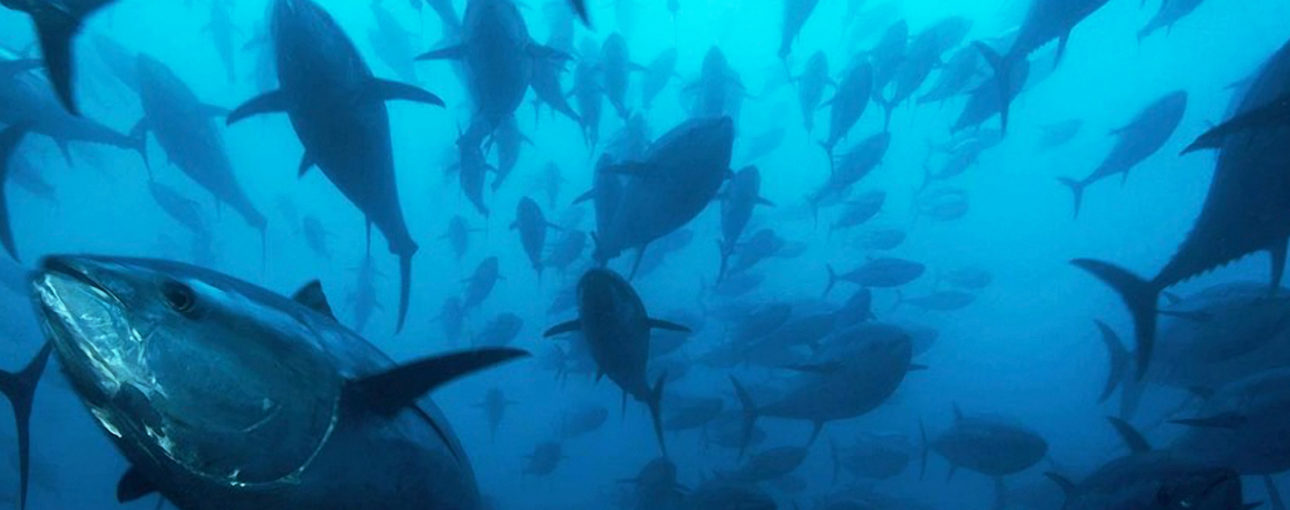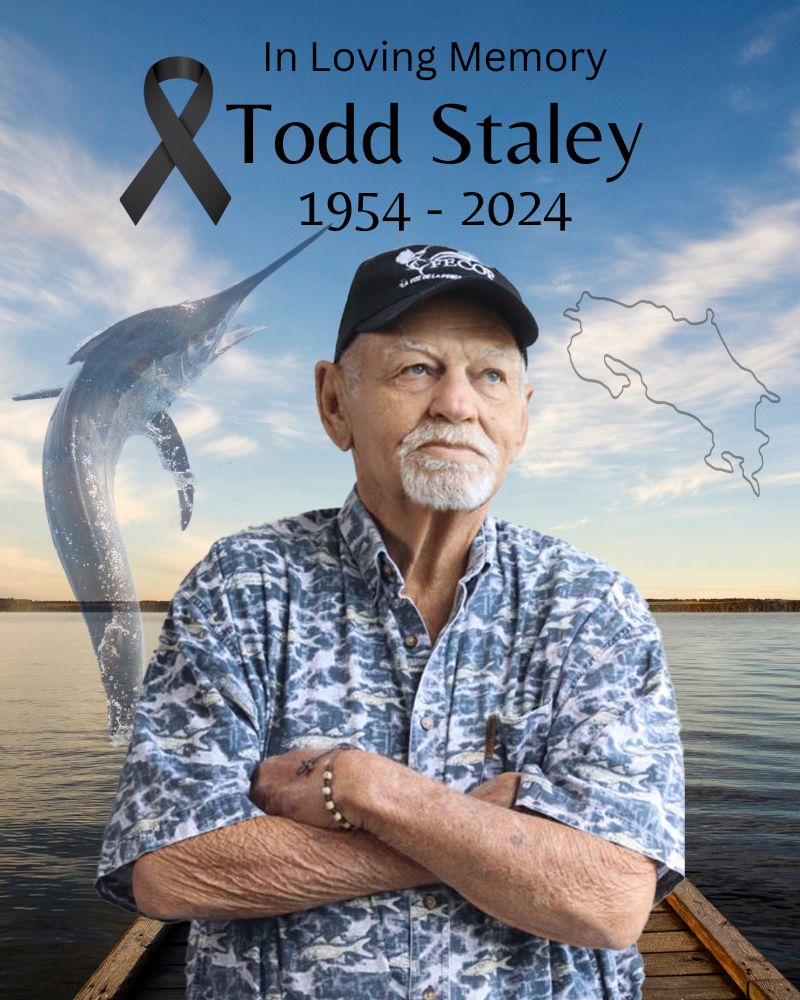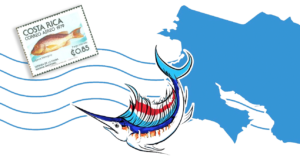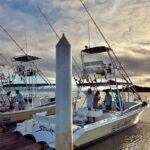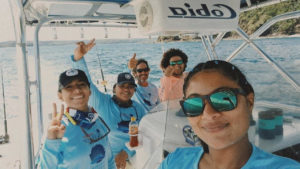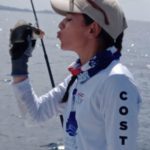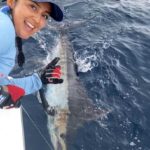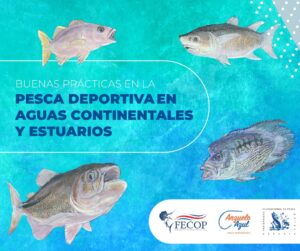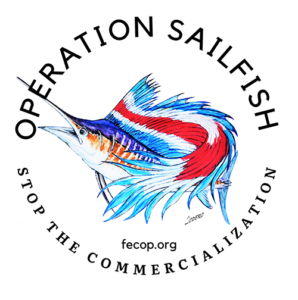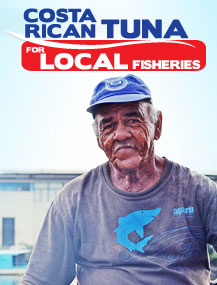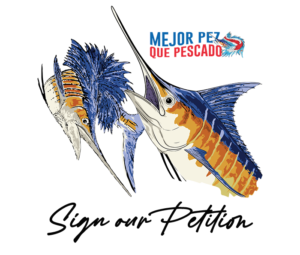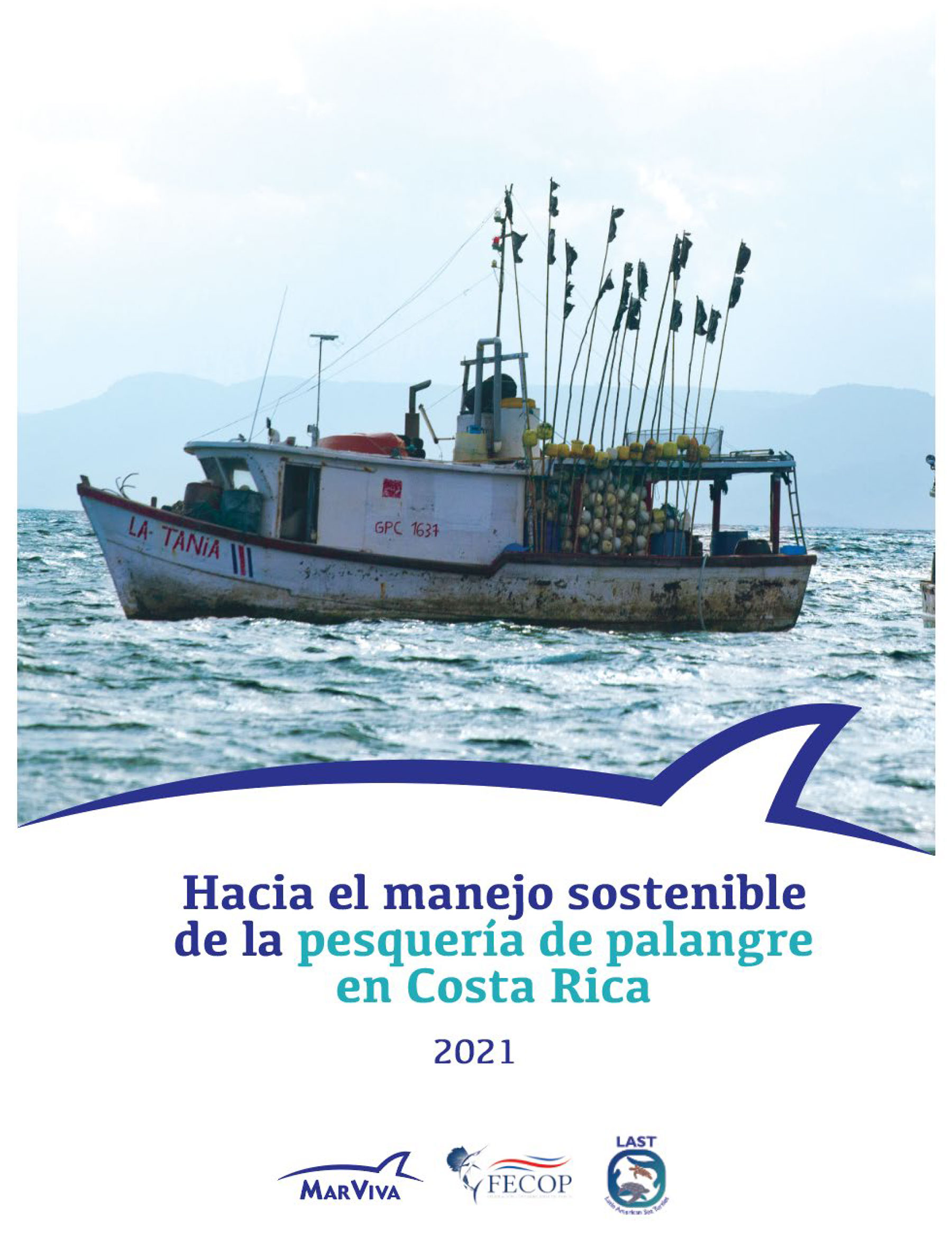Ten Principles for Global Transparency in the Fishing Industry
The Environmental Justice Foundation (EJF) has published its 10 principles for global transparency in the fishing industry in a new report.
EJF’s report and film asserts that the global fishing industry suffers from a shocking lack of transparency, allowing illegal operators to create as much confusion as possible around their identities; escaping detection by changing vessel names; concealing ownership; flying different flags to avoid detection; or removing ships from registers entirely.
Vessel identification systems – which allow the boats to be tracked – are tampered with, switched off or missing altogether; front companies are set up so that the true beneficiaries of illegal practices can evade prosecution.
These activities allow illegal fishing to thrive, says the EJF. It is estimated that illegal, unreported and unregulated fishing costs the global economy between $10 – 23.5 billion every year and is a critical factor undermining efforts to achieve sustainable fisheries.
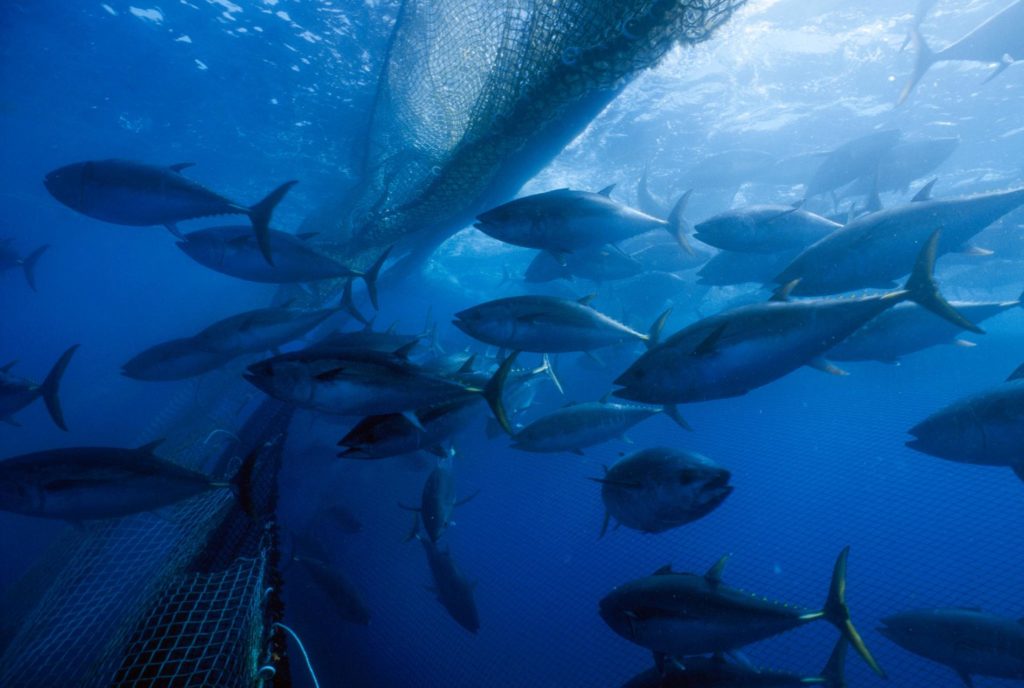
Vulnerable coastal communities that rely on healthy fish stocks for food security and income suffer as a consequence. In West Africa, a region with some of the highest levels of illegal fishing, 6.7 million people depend directly on fisheries for food and livelihoods.
Illegal fishing creates a vicious cycle of degradation and decline, says the EJF. As ocean ecosystems are degraded and fish stocks fall, so does income from the vessels. To scrape a profit, unscrupulous companies exploit workers, often engaging in violent human rights abuses and employing forced, bonded and slave labor. EJF has documented shocking abuse aboard fishing vessels across the world – from slavery to murder – all facilitated by the lack of transparency.
EJF’s Executive Director Steve Trent says: “The time has come to make the fishing industry open and transparent and to move from words to action. This does not require new, sophisticated technologies, or unrealistic expense. Give vessels unique numbers – like a car number plate – publish license lists and make tracking data public: these measures, along with the few others on our list, are politically realistic, logistically and technologically deliverable right now and, crucially, economically viable. They are within the reach of all countries, today.”
EJF’s 10 principles for global transparency in the fishing industry state that all countries should:
1. Give all vessels a unique number.
These would stay with vessels from shipyard to scrapyard, regardless of name or flag changes, and should be kept in a global record of fishing vessels.
2. Make vessel tracking data public.
This will mean neighboring countries, non-governmental organizations and others can all help with surveillance.
3. Publish lists of fishing licenses and authorizations.
Who’s allowed to fish where? Combined with vessel tracking data this means anyone can monitor and raise the alarm about illegal fishing.
4. Publish punishments handed out for fisheries crimes
The arrests and sanctions imposed for illegal fishing or human rights abuse on fishing vessels should be public, so offenders can be identified.
5. Ban transferring fish between boats at sea – unless pre-authorized and carefully monitored.
This practice enables unscrupulous companies to keep workers at sea, unpaid, for months or even years. It also makes the source of the fish, once landed, very difficult to trace.
6. Set up a digital database of vessel information.
Storing information on fishing vessel registration, licenses, catch and crew is vital, and could eventually enable catches to be certified as fished legally and ethically.
7. Stop the use of “flags of convenience” for fishing vessels.
Some countries don’t properly monitor their flagged fleet, which allows the owners of illegally fishing vessels to remain unaccountable.
8. Publish details of the true owners of each vessel – who takes home the profit?
False front companies are often used so that the true beneficiaries of illegal fishing are safe from prosecution.
9. Punish anyone involved in illegal, unreported and unregulated fishing.
Countries must ensure that none of their citizens support, engage in or profit from illegal fishing, no matter where they are, or which flag they are flying.
10. Adopt international measures that set clear standards for fishing vessels and the trade in fisheries products.
These include the Port State Measures Agreement, the Work in Fishing Convention and the Cape Town
By MarEx .
[yikes-mailchimp form=”1″ submit=”Join FECOP”]

